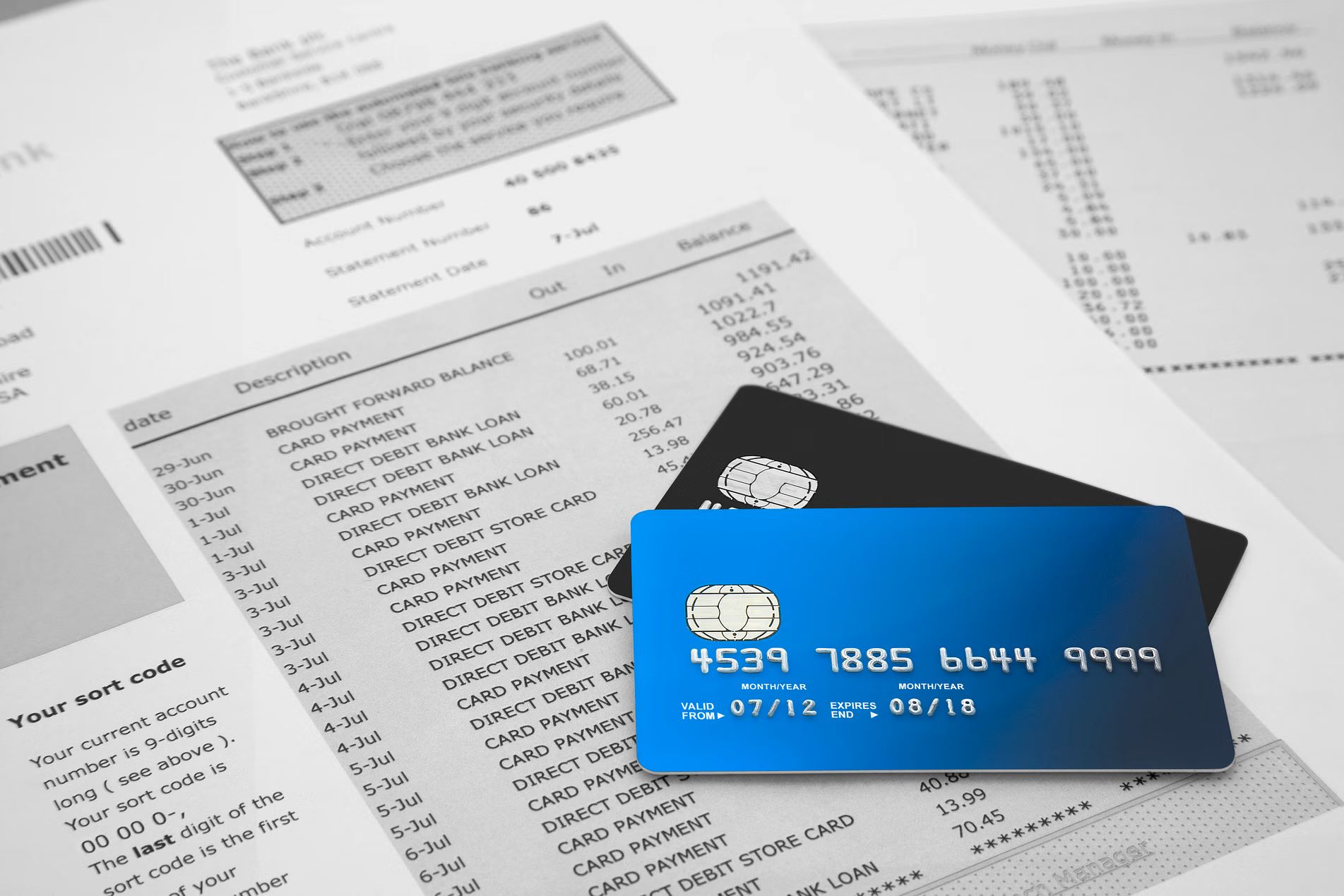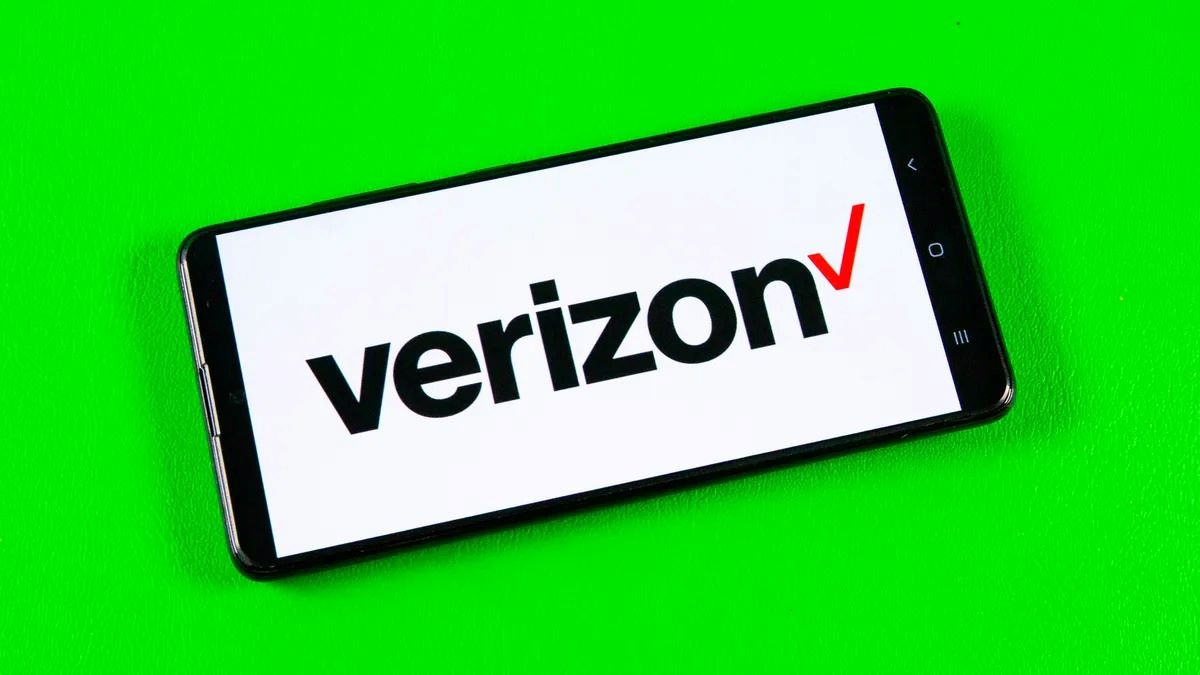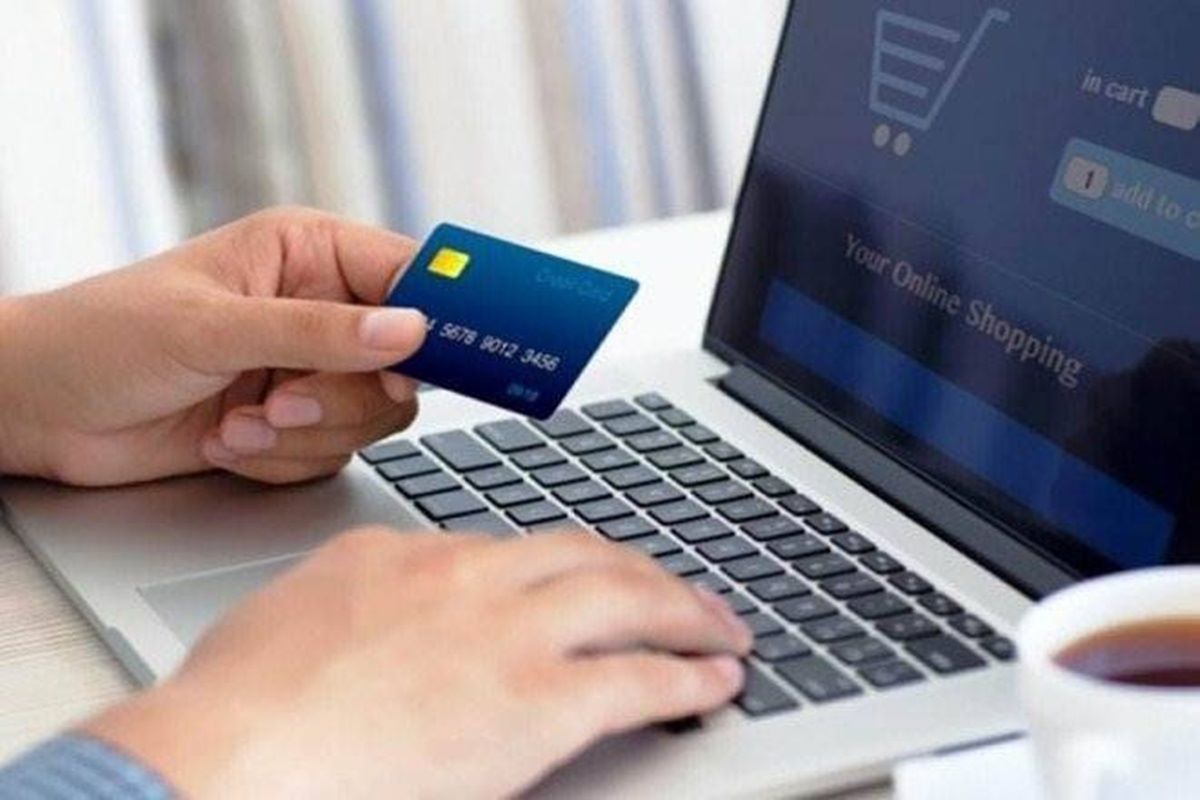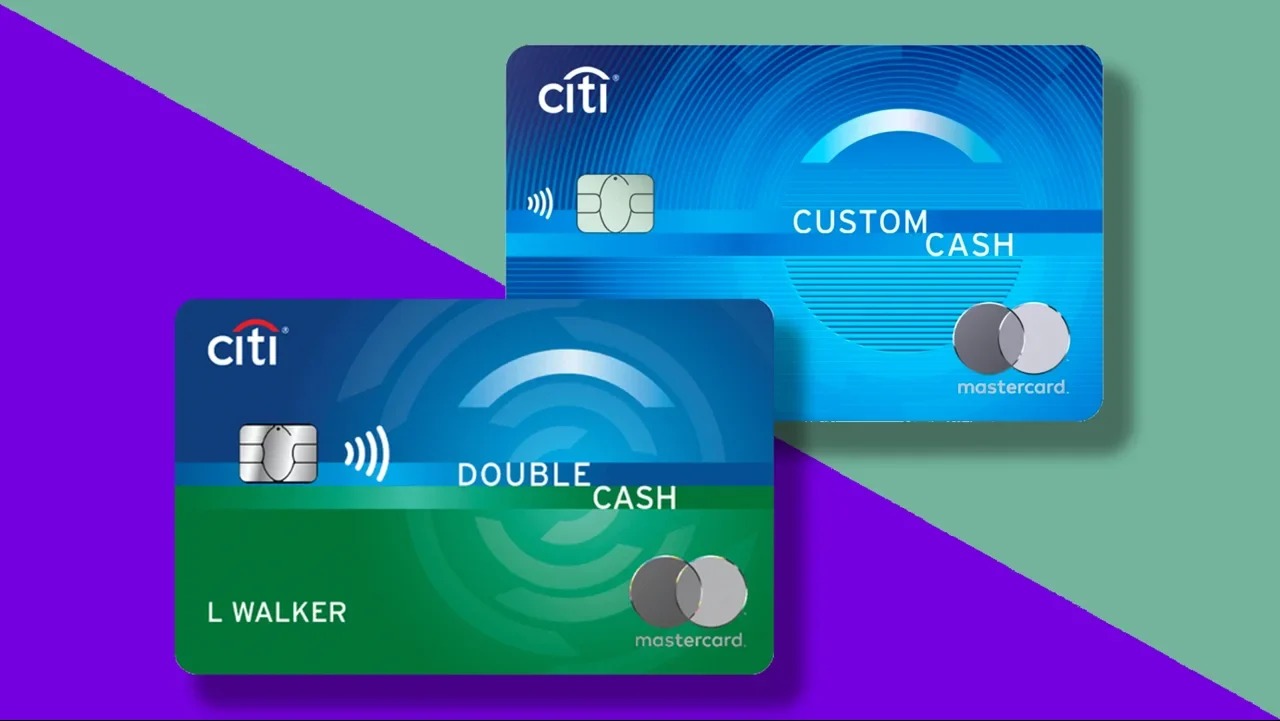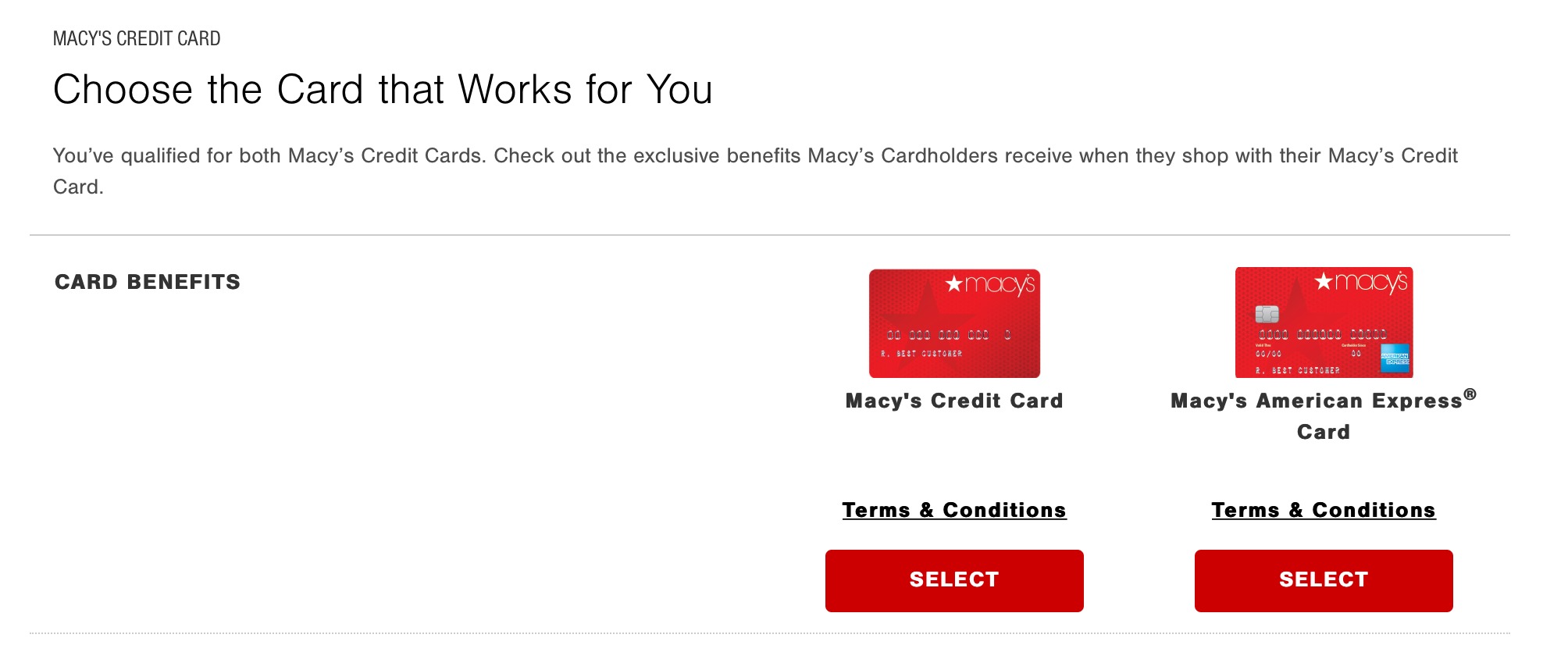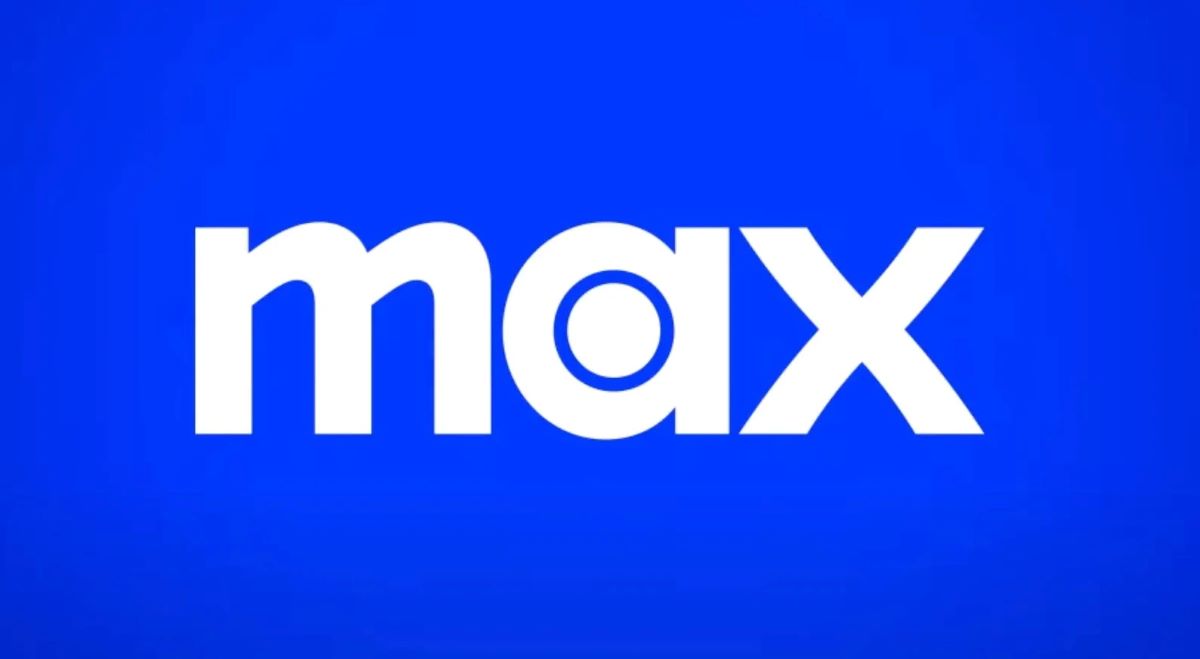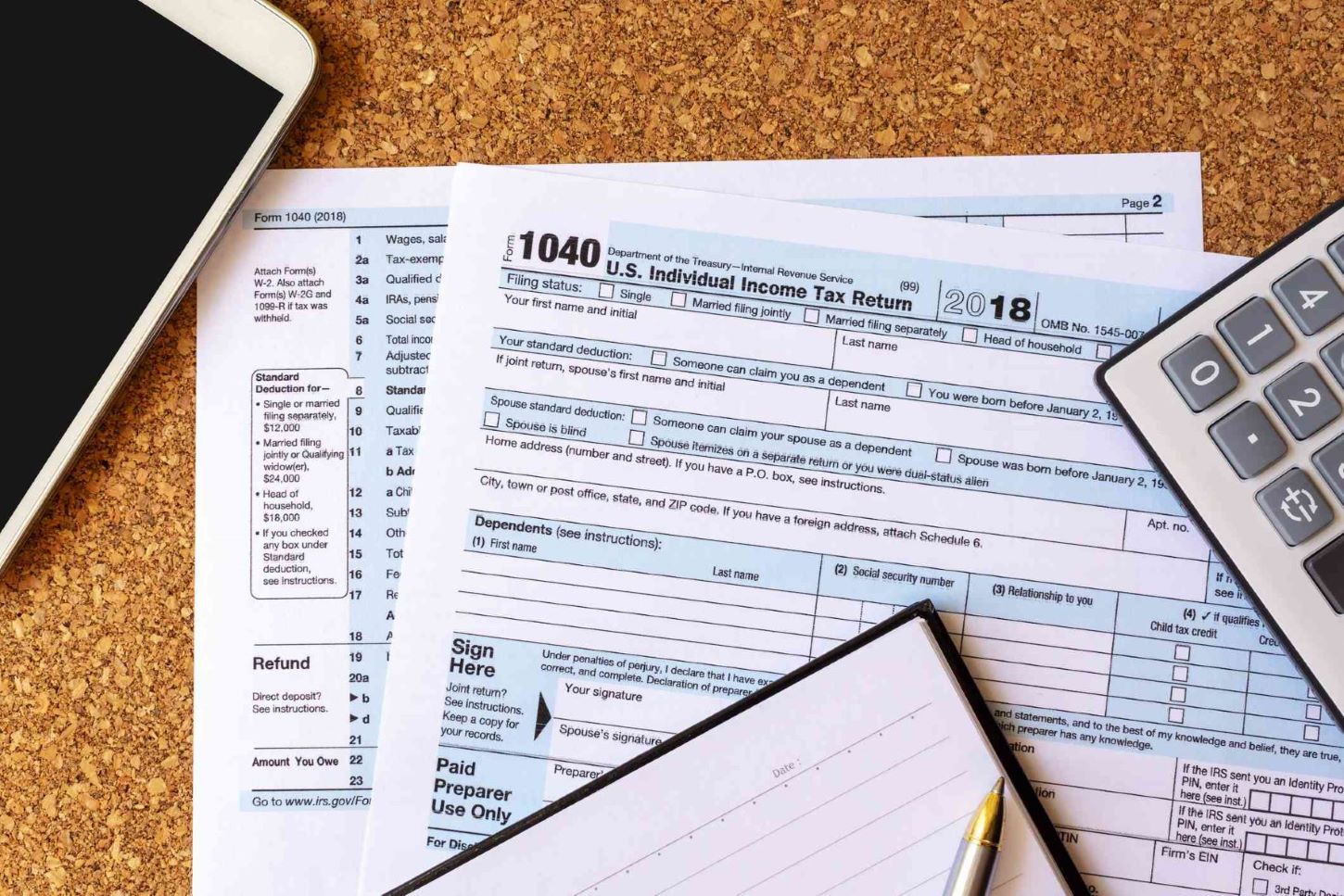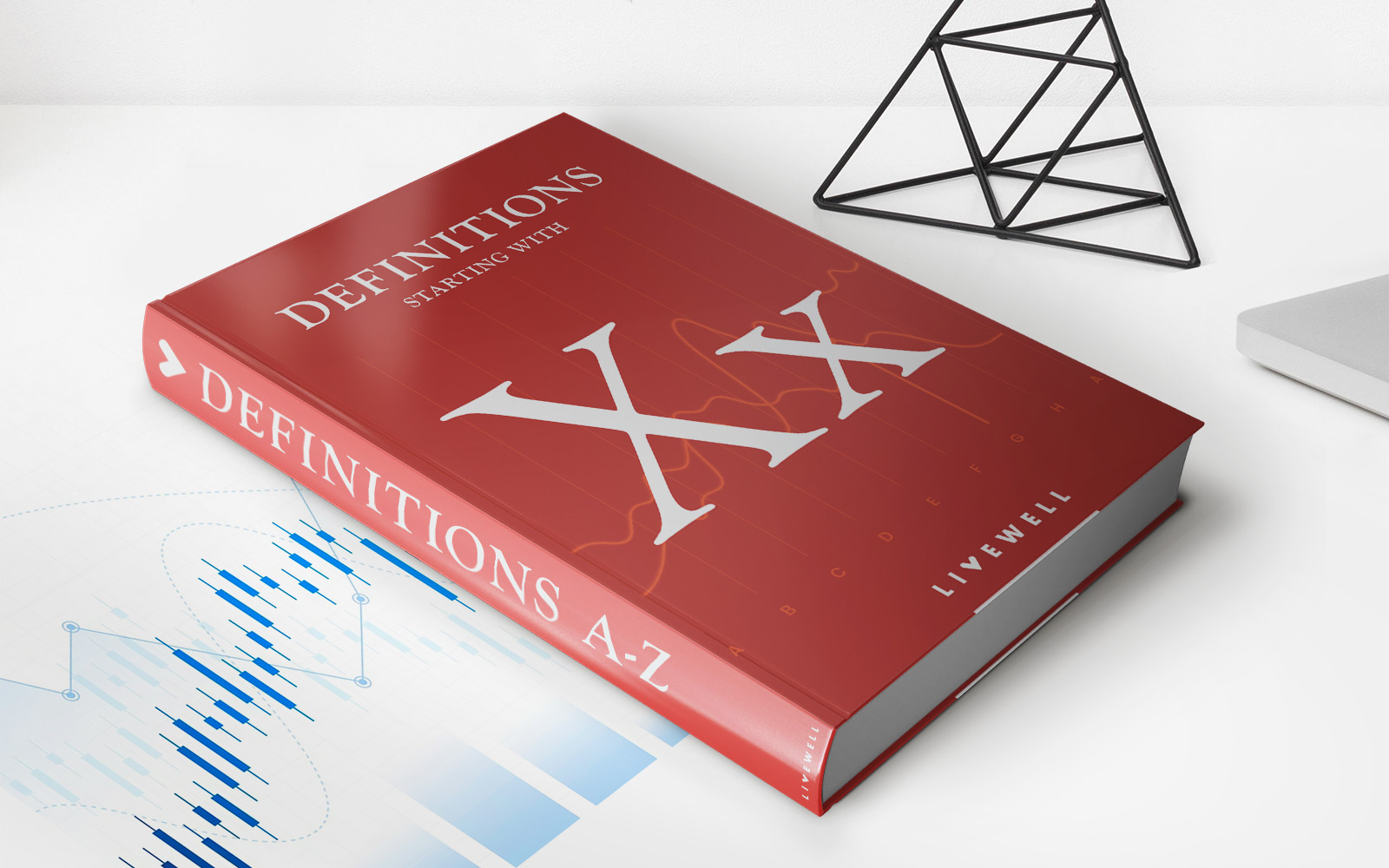Home>Finance>When Does A New Billing Cycle Start With Credit Cards?
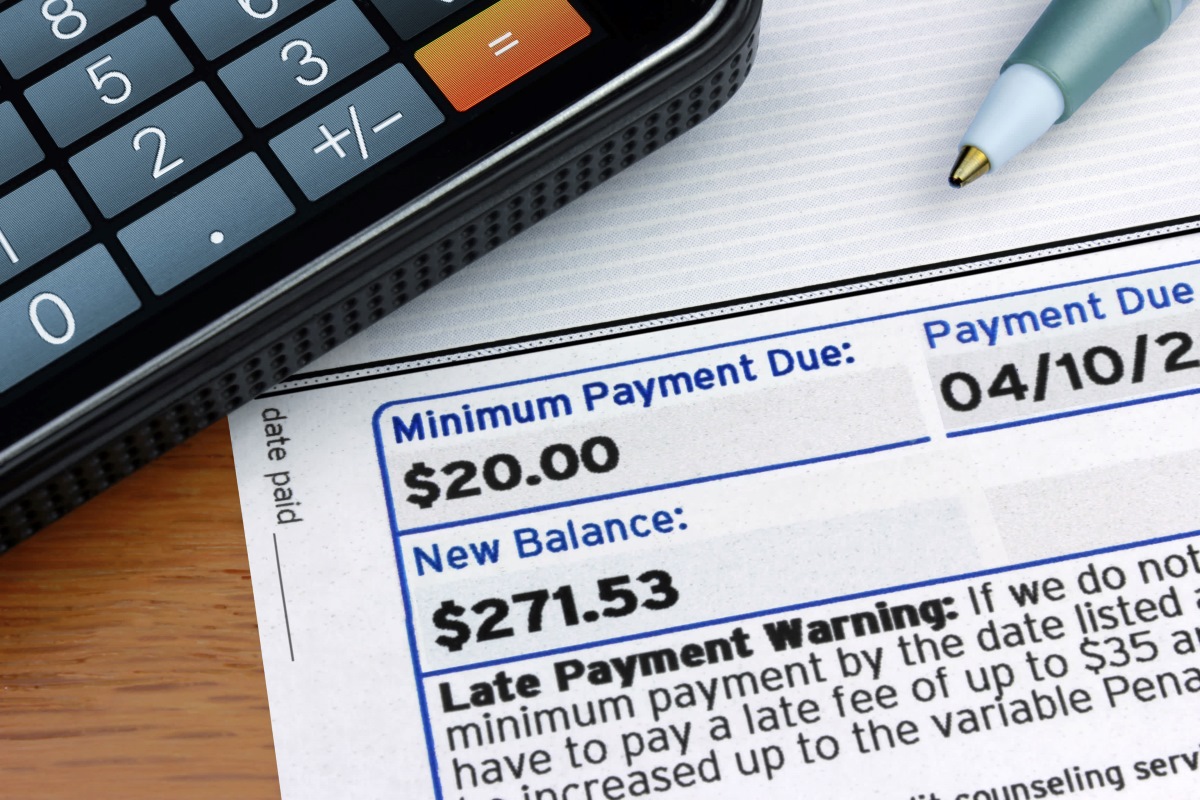

Finance
When Does A New Billing Cycle Start With Credit Cards?
Published: March 7, 2024
Learn when a new billing cycle starts with credit cards and manage your finances effectively. Understand the key details to stay on top of your credit card payments.
(Many of the links in this article redirect to a specific reviewed product. Your purchase of these products through affiliate links helps to generate commission for LiveWell, at no extra cost. Learn more)
Table of Contents
**
Introduction
**
Understanding the intricacies of credit card billing cycles is essential for managing your finances effectively. A billing cycle dictates the period during which your credit card transactions are recorded and the statement is generated. This cycle's start date is a crucial factor that impacts when you are billed for your purchases. By comprehending the nuances of billing cycles, you can optimize your credit card usage and avoid unnecessary fees or interest charges.
Navigating the world of credit card billing cycles can be perplexing, especially for individuals new to managing their finances or those unfamiliar with credit card intricacies. However, with a comprehensive understanding of billing cycles, you can harness the benefits of credit cards while minimizing potential drawbacks.
In this article, we will delve into the concept of credit card billing cycles, specifically focusing on the commencement of a new cycle. We will explore the factors influencing the start date of a billing cycle and elucidate the significance of being cognizant of this information. Additionally, we will provide actionable tips for effectively managing your credit card billing cycle, empowering you to make informed financial decisions. Whether you are a novice credit card user or seeking to refine your financial management skills, this guide will equip you with the knowledge needed to navigate credit card billing cycles confidently.
Understanding Billing Cycles
Before delving into the specifics of when a new billing cycle starts with credit cards, it is crucial to grasp the concept of billing cycles themselves. A billing cycle refers to the duration in which your credit card transactions are recorded, typically spanning around 28 to 31 days. At the culmination of each cycle, a credit card statement is generated, detailing the transactions made during that period.
During a billing cycle, every transaction you make using your credit card is compiled and associated with the respective date of purchase. This compilation forms the basis for your credit card statement, which is subsequently issued at the end of the cycle. Understanding the duration of a billing cycle is pivotal, as it directly influences when you will receive your statement and when your payment will be due.
Furthermore, comprehending the billing cycle empowers you to monitor your credit card usage effectively. By staying cognizant of the cycle’s duration and the timing of your purchases, you can strategically manage your expenses to align with the billing cycle, optimizing your financial planning and budgeting.
Moreover, being aware of your billing cycle enables you to track your expenses and identify any discrepancies in your statement. This visibility allows you to promptly address any errors or unauthorized charges, reinforcing the security and accuracy of your credit card transactions.
Ultimately, a firm grasp of billing cycles is fundamental for utilizing credit cards judiciously and maintaining control over your financial obligations. By understanding the mechanics of billing cycles, you can navigate the realm of credit card usage with confidence and prudence.
When Does a New Billing Cycle Start?
The commencement of a new billing cycle is a pivotal juncture that directly impacts your credit card usage and financial planning. Typically, the start date of a new billing cycle coincides with the closure of the previous cycle. This transition marks the beginning of a fresh period during which your credit card transactions will be tallied for the subsequent statement.
While the specific start date of a new billing cycle varies among credit card issuers, it commonly occurs immediately after the closure of the preceding cycle. This transition period is crucial to monitor, as it delineates the boundary between the transactions included in the previous statement and those encompassed in the upcoming one.
Understanding when a new billing cycle commences is instrumental for managing your credit card expenditures strategically. By aligning your purchases with the onset of a new cycle, you can optimize the timing of your transactions to correspond with the generation of your statement. This synchronization empowers you to plan and allocate your finances effectively, ensuring that your credit card usage aligns with your budgetary requirements.
Moreover, being cognizant of the start date of a new billing cycle enables you to anticipate when your next statement will be generated. This foresight facilitates proactive financial management, allowing you to prepare for the review of your transactions and the subsequent payment due date.
Ultimately, the commencement of a new billing cycle serves as a fundamental milestone in the realm of credit card usage, influencing the timing of your statements, payment due dates, and financial planning. By understanding this pivotal transition, you can harness the benefits of credit cards while adeptly managing your financial responsibilities.
Factors Affecting Billing Cycle Start Date
The start date of a billing cycle is influenced by several factors, each of which contributes to the intricacies of credit card management and billing processes. Understanding these determinants is instrumental for navigating the nuances of billing cycles and optimizing your financial planning.
1. Card Issuer's Policies:
Credit card issuers establish their own policies regarding billing cycles, including the specific timing for commencing a new cycle. While many issuers initiate a new billing cycle immediately after the closure of the preceding one, there may be variations based on the issuer’s operational protocols and the type of credit card held.
2. Statement Generation Date:
The date on which your credit card statement is generated plays a pivotal role in determining the start date of a new billing cycle. Typically, the statement generation date aligns closely with the commencement of a new cycle, ensuring a seamless transition between billing periods.
3. Calendar Days vs. Business Days:
Some credit card issuers may base their billing cycles on calendar days, while others operate on a business day basis. This discrepancy can impact the start date of a new cycle, particularly if the closure of the previous cycle coincides with a weekend or a public holiday.
4. Account Opening Date:
The date on which you opened your credit card account can influence the start date of your billing cycle. In some instances, the account opening date serves as a reference point for subsequent billing cycles, affecting the timing of statement generation and the commencement of new cycles.
5. Billing Cycle Adjustments:
Occasionally, credit card issuers may adjust billing cycles for operational or administrative purposes. These adjustments can stem from system upgrades, regulatory compliance measures, or other internal considerations, potentially impacting the start date of subsequent billing cycles.
By acknowledging the factors that influence the start date of a billing cycle, credit card users can navigate the dynamics of billing periods adeptly. This awareness empowers individuals to anticipate and adapt to potential variations in billing cycle commencement, fostering informed financial management and strategic credit card utilization.
Importance of Knowing Your Billing Cycle
Understanding your credit card billing cycle holds profound significance in effectively managing your finances and optimizing your credit card usage. This awareness empowers you to navigate the intricacies of credit card transactions, statements, and payment due dates, fostering prudent financial planning and responsible expenditure.
1. Financial Planning:
By knowing your billing cycle, you can align your financial planning with the timing of your credit card statements. This synchronization enables you to anticipate and prepare for the review of your transactions, empowering you to allocate funds for timely bill payments and assess your expenditure patterns effectively.
2. Budgeting:
Understanding your billing cycle facilitates strategic budgeting, allowing you to track your expenses within a defined period. This insight empowers you to regulate your spending, identify potential areas for cost optimization, and ensure that your credit card usage aligns with your financial objectives.
3. Payment Due Dates:
Knowing your billing cycle is instrumental for anticipating payment due dates. This foresight enables you to plan and allocate funds for settling your credit card bills in a timely manner, thereby avoiding late payment fees and mitigating the accrual of interest on outstanding balances.
4. Transaction Monitoring:
Being aware of your billing cycle empowers you to monitor your credit card transactions effectively. This visibility allows you to promptly identify any unauthorized charges or errors in your statement, facilitating the timely resolution of discrepancies and bolstering the security of your credit card usage.
5. Interest Minimization:
Understanding your billing cycle can aid in minimizing interest charges on revolving balances. By strategically timing your purchases and payments within the billing cycle, you can optimize the utilization of interest-free grace periods and mitigate the accumulation of interest on outstanding balances.
6. Financial Discipline:
Knowledge of your billing cycle cultivates financial discipline, empowering you to manage your credit card usage prudently. This awareness fosters responsible expenditure, informed decision-making, and proactive financial management, ultimately contributing to enhanced financial well-being.
Ultimately, comprehending your billing cycle is instrumental for harnessing the benefits of credit cards while mitigating potential drawbacks. This knowledge equips you with the tools needed to navigate credit card usage adeptly, fostering financial prudence and empowering you to make informed decisions regarding your financial resources.
Tips for Managing Your Credit Card Billing Cycle
Effectively managing your credit card billing cycle is pivotal for maintaining financial control and optimizing your credit card usage. By implementing strategic practices and leveraging your understanding of billing cycles, you can navigate the realm of credit card management adeptly, fostering financial prudence and responsible expenditure.
1. Familiarize Yourself with Your Billing Cycle:
Take the time to understand the specifics of your credit card billing cycle, including the start date, statement generation date, and payment due date. This knowledge forms the foundation for informed financial planning and proactive management of your credit card transactions.
2. Align Purchases with Billing Cycle Timing:
Strategically time your credit card purchases to coincide with the start of a new billing cycle. This synchronization enables you to maximize the period available for interest-free grace on new transactions, optimizing your financial planning and expenditure patterns.
3. Monitor Your Statements Regularly:
Consistently review your credit card statements to track your transactions and identify any discrepancies or unauthorized charges. This proactive approach reinforces the accuracy and security of your credit card usage, enabling you to address any issues promptly.
4. Set Payment Reminders:
Establish reminders for payment due dates to ensure timely settlement of your credit card bills. Utilize digital tools, calendar notifications, or automatic payment options to mitigate the risk of late payments and associated fees.
5. Leverage Interest-Free Grace Periods:
Optimize the interest-free grace period offered by your credit card by understanding the billing cycle and payment due dates. By strategically timing your purchases and payments, you can leverage this grace period to minimize interest charges on revolving balances.
6. Adjust Payment Timing:
Consider adjusting the timing of your credit card payments to align with the start of a new billing cycle. This strategic approach can optimize the utilization of interest-free periods and facilitate effective management of your credit card expenses.
7. Communicate with Your Card Issuer:
If you encounter challenges or require adjustments related to your billing cycle, communicate with your credit card issuer. Understanding the available options and seeking clarification on billing cycle-related queries can empower you to navigate credit card management effectively.
By implementing these tips and leveraging your knowledge of billing cycles, you can adeptly manage your credit card billing cycle, optimize your financial planning, and cultivate responsible credit card usage. This proactive approach fosters financial prudence and empowers you to harness the benefits of credit cards while mitigating potential drawbacks.
Conclusion
Mastering the dynamics of credit card billing cycles is instrumental for navigating the realm of credit card management with finesse and prudence. By comprehending the nuances of billing cycles and the factors influencing their start dates, you can optimize your financial planning, transaction timing, and expenditure patterns, ultimately fostering responsible credit card usage.
Understanding the significance of the start date of a new billing cycle empowers you to align your purchases strategically, anticipate payment due dates, and monitor your credit card transactions effectively. This awareness forms the bedrock for proactive financial management and prudent decision-making, enabling you to harness the benefits of credit cards while mitigating potential drawbacks.
By familiarizing yourself with your billing cycle, implementing strategic practices for managing your credit card transactions, and leveraging interest-free grace periods, you can navigate credit card usage adeptly. This proactive approach cultivates financial discipline, empowers informed decision-making, and contributes to enhanced financial well-being.
Ultimately, the knowledge and practices outlined in this guide equip you with the tools needed to navigate credit card billing cycles confidently. By leveraging this understanding, you can optimize your credit card usage, mitigate potential fees and interest charges, and foster prudent financial management, reinforcing your control over your financial resources.
Embracing a proactive and informed approach to credit card billing cycles empowers you to harness the benefits of credit cards while maintaining financial control and responsibility. By integrating these insights into your financial management practices, you can navigate credit card usage adeptly, optimizing your financial well-being and leveraging credit cards as valuable financial tools.
